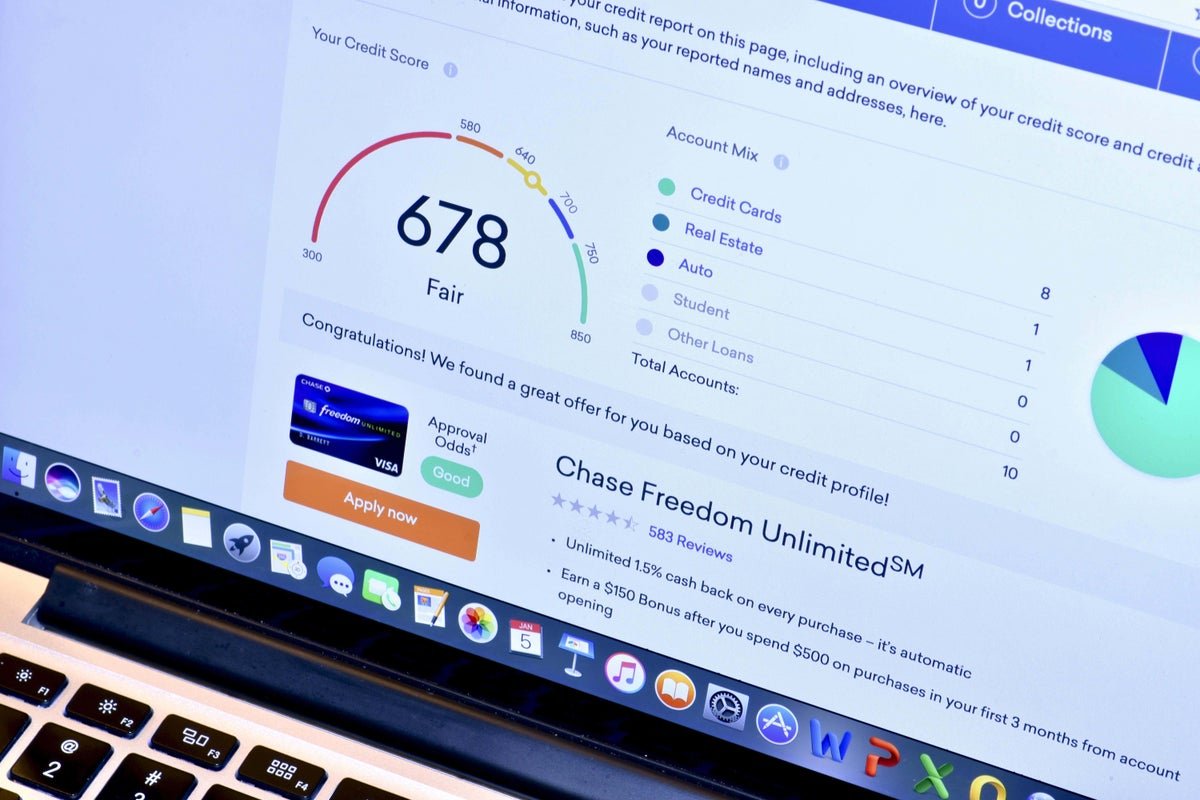Nowadays, contactless payment, Buy Now Pay Later and online loan approvals makes maintaining a good credit score even more difficult.
Whether you’re applying for a mortgage, switching utility providers or even signing up for a new mobile phone contract, your credit score plays a quiet but integral role in how easily, and affordably, you can access it.
Yet, many people have no idea how it’s calculated – or how to improve it. So we hear from consumer finance experts what you need to know about your credit score and how to boost it.
A credit score explained and why it matters
Many of us wouldn’t dream of applying for a job without knowing what our CV says – yet when it comes to borrowing money, we often forget to check the financial CV that is our credit score.
This three-digit number, used by lenders to judge our trustworthiness, can affect everything from mortgages to mobile phone contracts.
View this post on Instagram
“A credit score is a personalised number that lenders use to assess how trustworthy you are when it comes to borrowing money,” explains TV’s consumer finance expert and founder of Nous, Greg Marsh. “A higher score means you’re more likely to get approved for a loan, and offered better rates.”
These scores are based on information held by three main credit reference agencies – Experian, Equifax and TransUnion – and each can possess slightly different records. Marsh says it’s worth checking all three periodically.
What affects your score
Your score isn’t arbitrary – it reflects your financial past. It includes whether you’ve paid bills or loans on time, how much of your credit limit you’re using and the age of your accounts.“Avoid going over your credit limit or using too much credit, as this will incur additional fees and charges and potentially damage your credit score,” says Tesco Bank’s director of Help Me Borrow, Mamta Shanbhag.
View this post on Instagram
Opening too many credit cards in a short space of time, or maxing them out, can count against you.“Making multiple credit applications at once – such as several credit cards in a week – can negatively affect your score, as it signals to lenders that you may be in financial difficulty,” says Equifax UK’s chief strategy and innovation officer, Craig Tebbutt.
How to improve it
Improving your score is less about tricks and more about habits. “It’s crucial to pay your bills and loan repayments on time to show lenders you’ve been reliable in the past,” says Marsh, “setting up Direct Debits is useful as you don’t need to remember to make a payment.”
Other positive steps include keeping credit card balances low, staying within any arranged overdraft and registering to vote at your current address – a surprisingly important detail for verifying identity.
“Being on the electoral register and having a positive track record with different types of credit can also boost your score,” says Tebbutt. “The best way to improve your score is to always pay your bills on time, keep credit card balances low, and avoid applying for too much new credit in a short period of time.”
Shanbhag recommends using “eligibility calculators” before applying for credit. These tools show how likely you are to be accepted without affecting your score. “If you apply for a credit card or loan in full and get rejected, or complete multiple applications, it could affect your credit score,” she warns.
What tools to use
It’s important to remember that you don’t have to pay to check your credit score. There are several free and paid-for tools to monitor and improve your score.
“ClearScore gives free access to your Equifax report, while Credit Karma offers your TransUnion file,” says Marsh. “Experian Boost also lets you add regular payments – like council tax or Netflix – to your score to demonstrate reliability.”
He also points to paid-for sites like Loqbox, which reports your savings habits to credit agencies, and specialist credit cards for those with low scores – although these can carry high interest rates if not paid off in full.
It’s a long game
Credit scores don’t change overnight. “Generally, you’ll start to see improvements within three to six months after making positive changes,” says Marsh.
View this post on Instagram
But rebuilding after defaults or missed payments will take longer. The key is consistency and patience.
“Check where you stand, build good habits and monitor your progress,” says Shanbhag. “It’s not about perfection – it’s about showing that you’re responsible with money.”
#Whats #credit #score #improve



